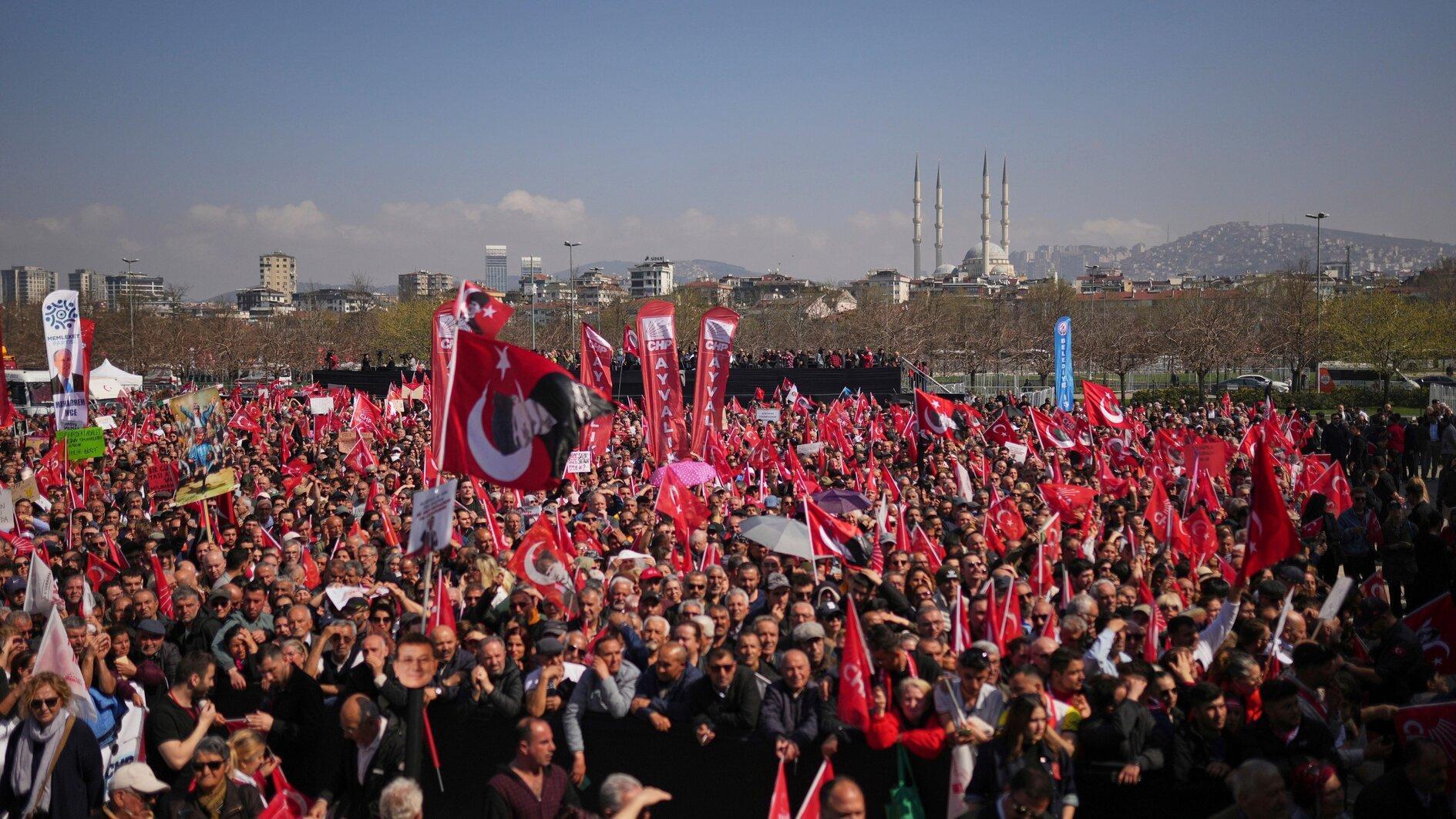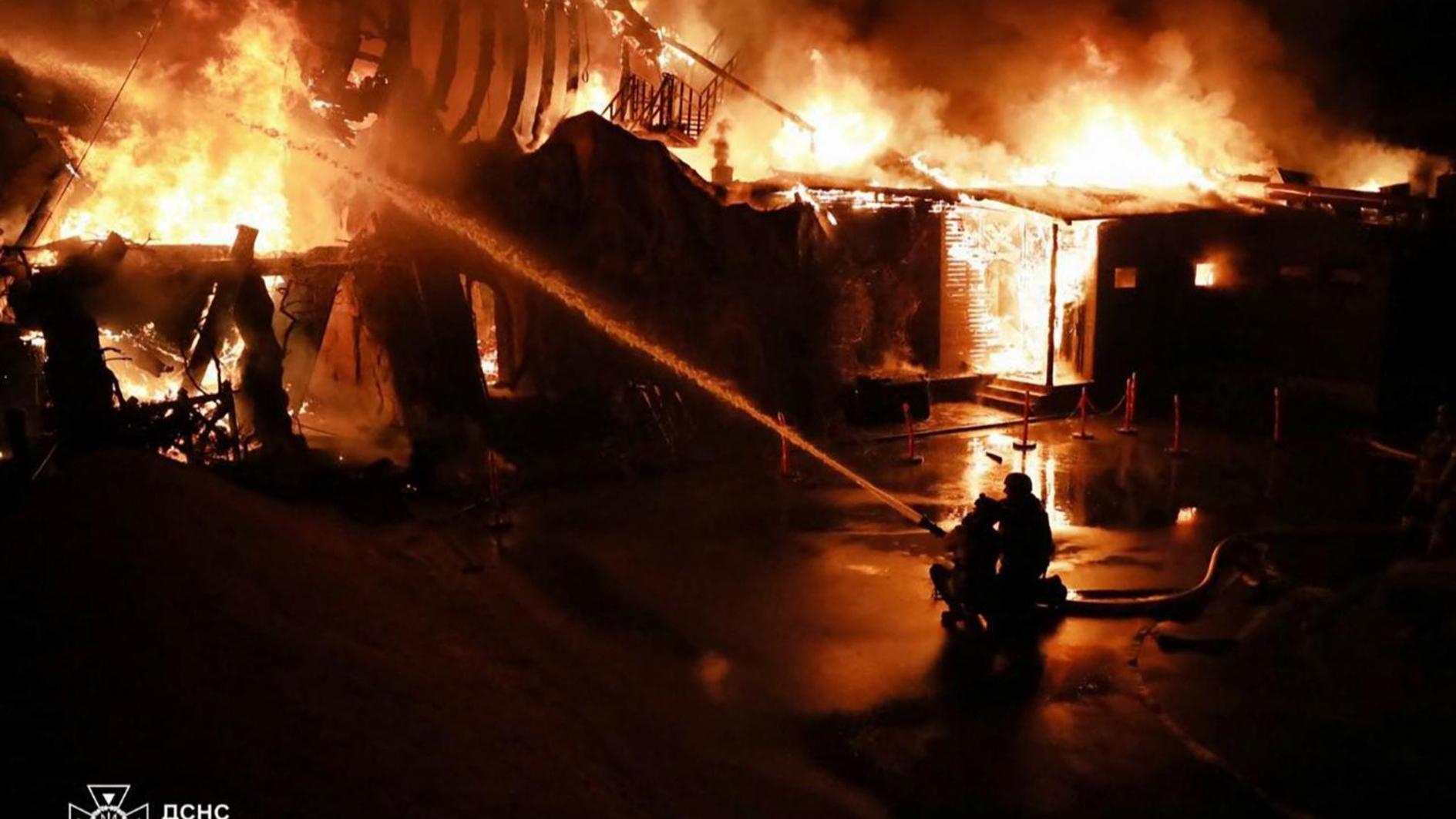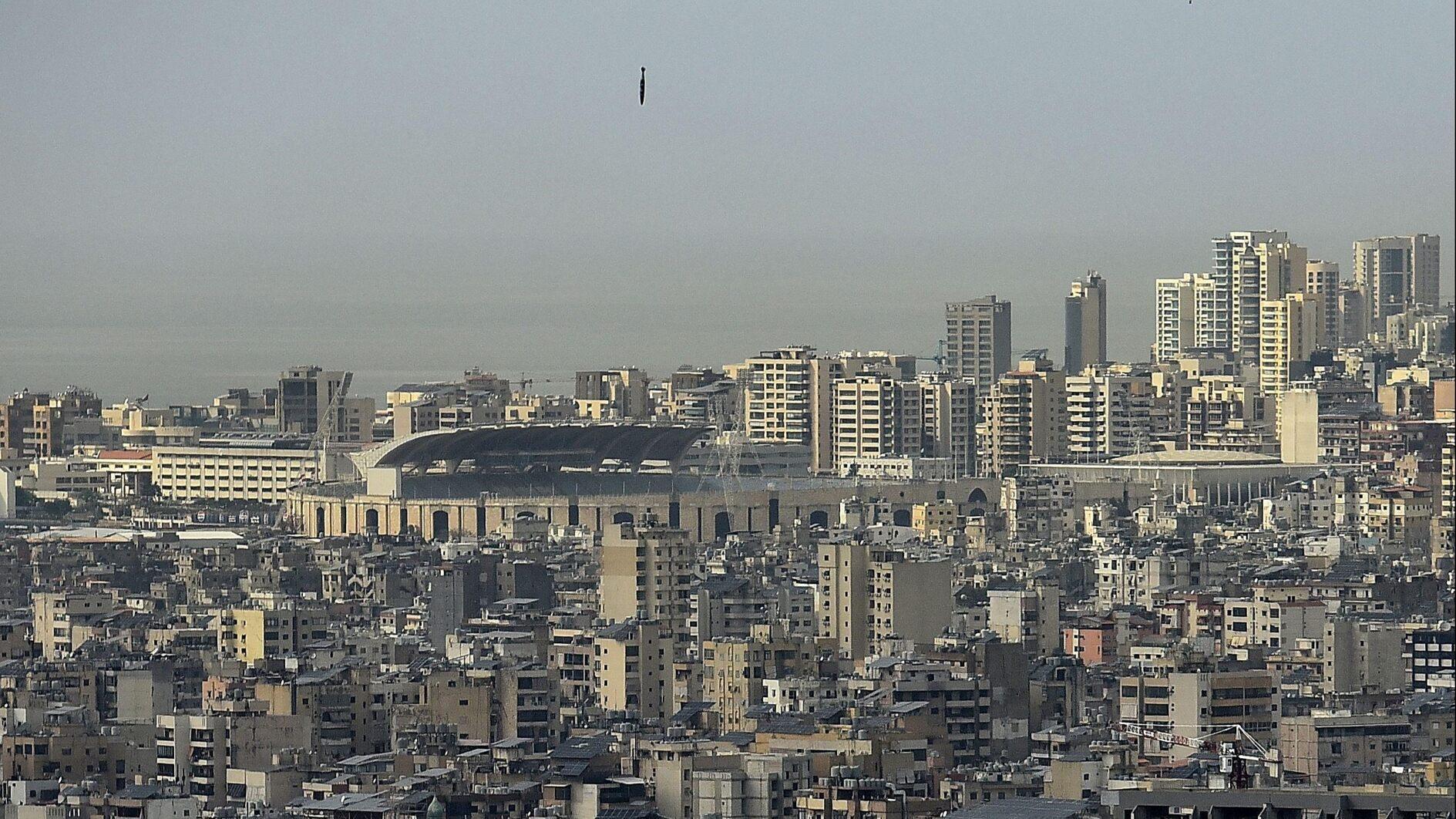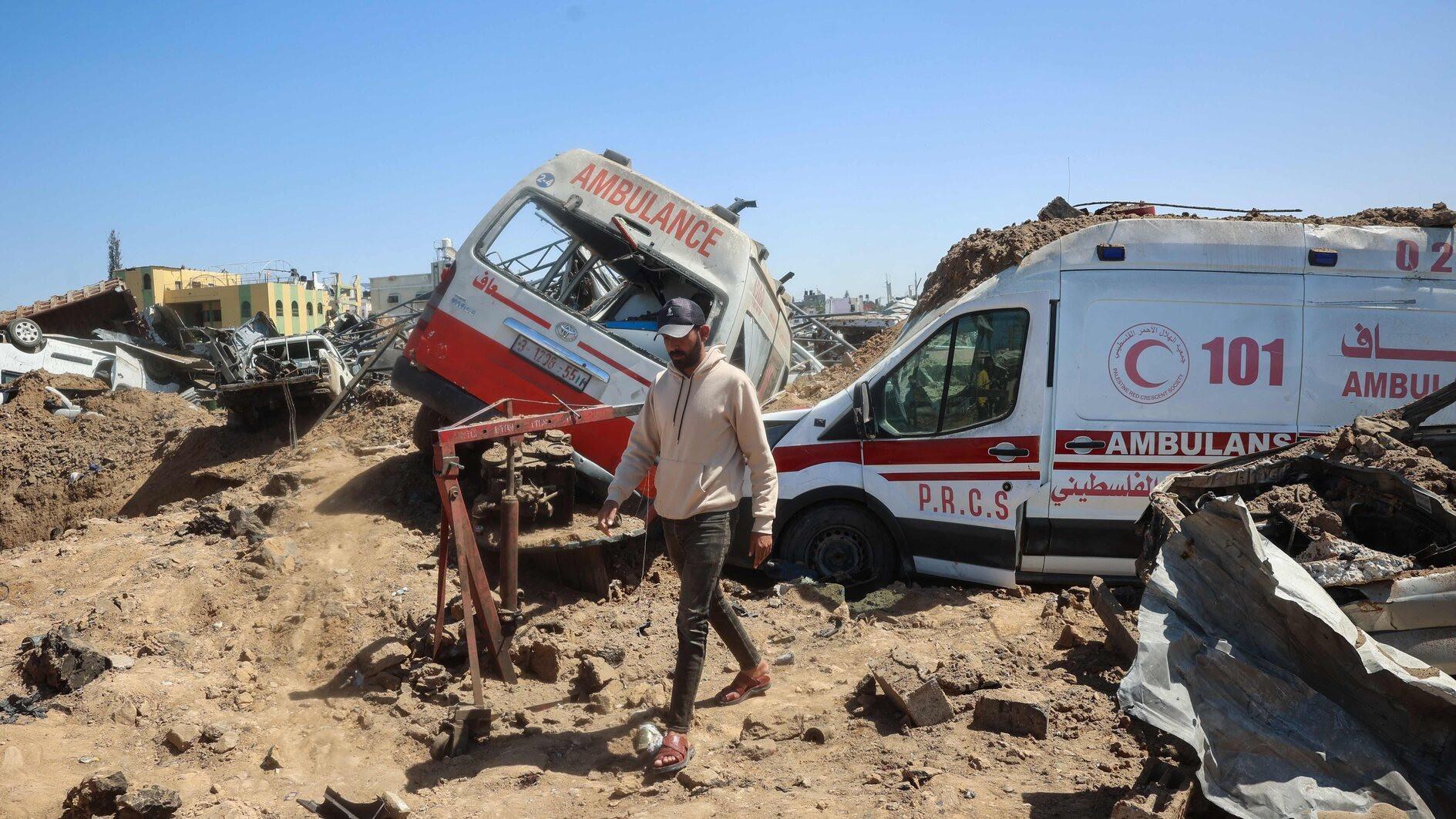Sait Faik Abasıyanık Museum to host visitors again in Burgazada
ISTANBUL - Hürriyet Daily News
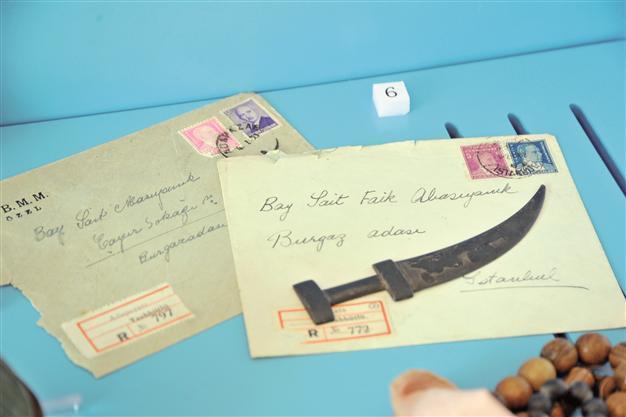
The museum is now displaying the writer’s handwritten stories, letters and photographs of the writer. The museum is open to visitors for free.
The Sait Faik Abasıyanık Museum, which bears the name of the famous Turkish writer and poet, was reopened on Istanbul’s Burgazada island at the weekend after a restoration process had been carried out by the Darüşşafaka Association since 2009. Before the opening of the museum, an event was organized to commemorate Abasıyanık in collaboration with the Darüşşafaka Association and the Islands Municipality.At the opening ceremony, Islands Mayor Mustafa Farsakğlu; Darüşşafaka Association executive board members; İşbank Cultural Publications general director Ahmet Salcan; and the 59th Sait Faik Abasıyanık Story Award winner, Sine Ergün, were joined by the island’s local artists, Darüşşafaka students and fans of the writer.
Darüşşafaka Association Chairman Talha Çamaş said Darüşşafaka, which had changed many lives over 150 years by supporting education, was the only heir of Abasıyanık. He said the royalties of Abasıyanık stories had been contributing to the education of every student studying at Darüşşafaka since 1964.
“The late Makbule Abasıyanık, the mother of Sait Faik, gave two instructions to our association in her will. First is the continuation of the Sait Faik Story Award, which she started in 1959, and maintaining the Sait Faik Abasıyanık Museum, which she opened in 1959. Our association has been doing what is necessary for this will since 1964. The museum had been frequented by Sait Faik fans for free between 1964 and 2009. But then we determined that the museum, which is in a wooden mansion, needed serious maintenance and restoration work. In order to keep this proud heritage for future generations, the association initiated work. The process did not damage to the original structure of the mansion. As of today, the Sait Faik Abasıyanık Museum is beginning to welcome its guests with a modern and contemporary face.”

The wooden mansion in Burgazada was turned into
a museum in the will of Sait Faik Abasıyanık.
AA Photo
The Sait Faik Abasıyanık Museum, which opened in 1959 without an entrance fee, has been kept alive under the responsibility of the Darüşşafaka Association since 1964. The museum-house, which was restored for the first time in 45 years, is a special Turkish museum that keeps history and culture alive.
Impressed by students
Abasıyanık, who, after his father’s death, lived in Istanbul’s Şişli neighborhood in winters and in this mansion on Çayır Street in summers, became sick in 1945 and began spending most of his time in this house.
One year before his death, he attended a literary event at Darüşşafaka High School, which was in Fatih. After the event, he visited the school and was impressed by the students there. When he returned home, he shared with his mother his idea to donate his properties to this school, which provides special opportunities for children who have lost their fathers. In a will prepared on Nov. 8, 1954, his mother left most of their wealth, the royalties of the writer’s works and the mansion on Burgazada to the Darüşşafaka Association.
The mansion was turned into a museum in the will of the writer and opened to the public on Aug. 22, 1959. The maintenance and repairs of the museum were left to the association in 1964. Abasıyanık, one of the leading names of Turkish fiction, wrote many of his stories in this house, which now displays his handwritten stories, letters and photographs.
The wooden mansion in Burgazada was turned into a museum in the will of Sait Faik Abasıyanık
Born in 1906 Adapazarı, Sait Faik Abasıyanık was educated at the Bursa Erkek Lisesi. He enrolled in the Turcology Department of Istanbul University in 1928, but went to Switzerland to study economics in 1930. He left school and lived for three years in Grenoble, France. He devoted his life to writing after 1934. He created a brand new language and brought new life to Turkish short story writing with his harsh but humanistic portrayals of laborers, fishermen, children, the unemployed and the poor.



